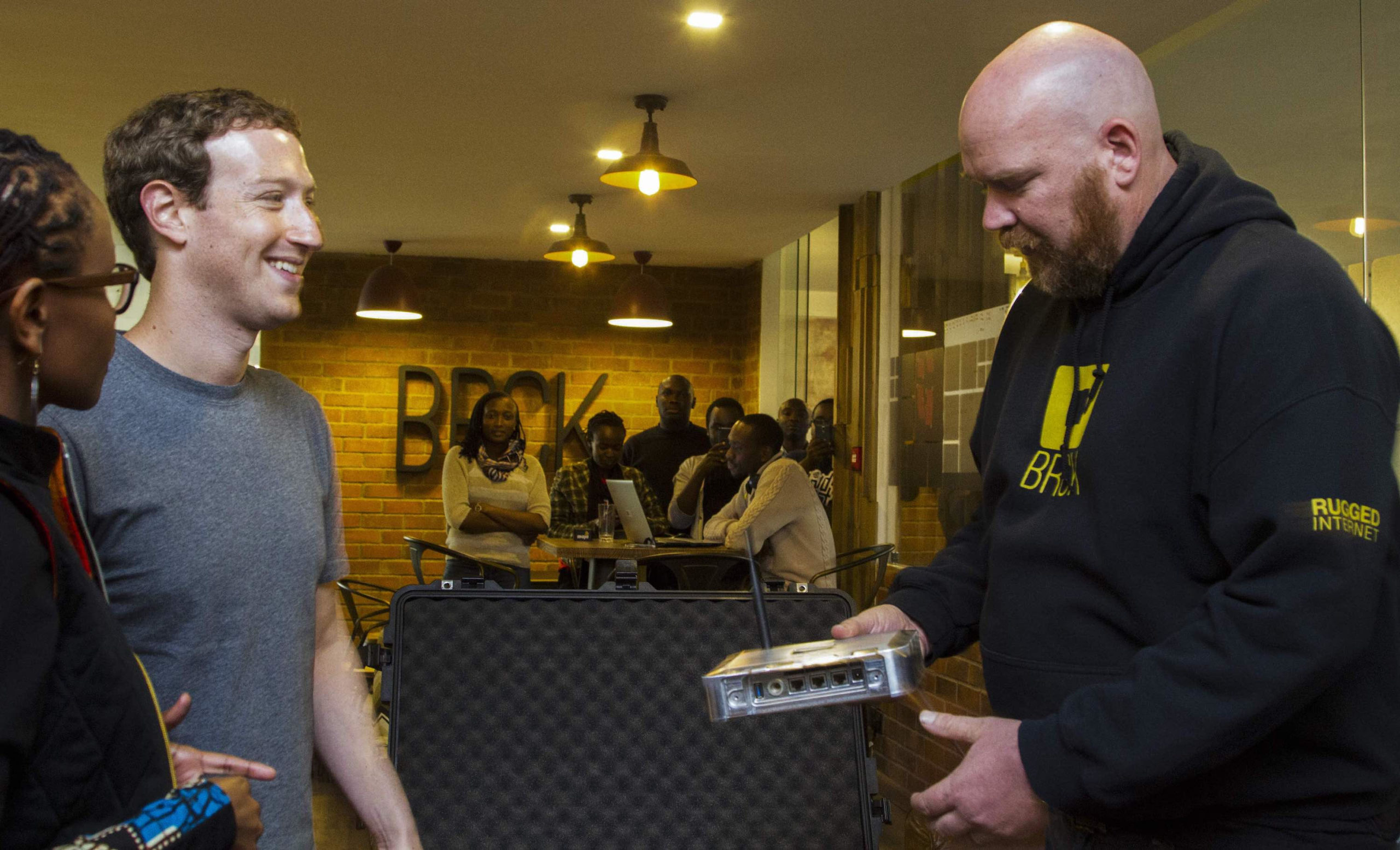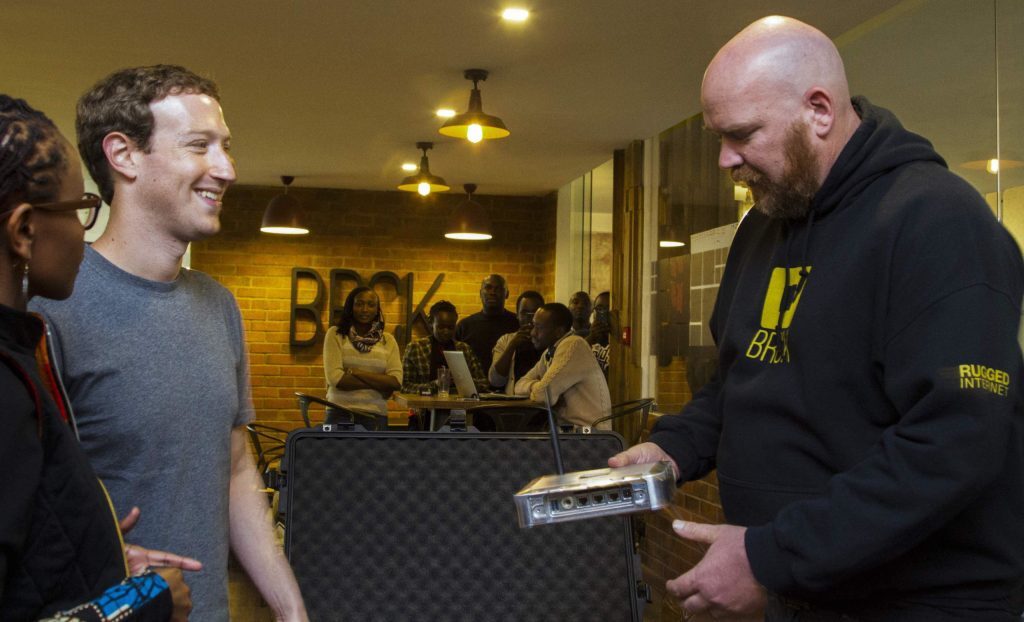Having proved themselves in East Africa, the largest public WiFi provider on the continent is launching its clever service here.
 Even though the country’s biggest WiFi service is shutting down, the largest public WiFi provider on the continent has launched in South Africa.
Even though the country’s biggest WiFi service is shutting down, the largest public WiFi provider on the continent has launched in South Africa.
BRCK is the East African internet phenomenon that is now the biggest public WiFi provider in Sub-Saharan Africa, and now operates in 2,700 locations in East Africa and has 700,000 monthly active unique visitors.
“I’m excited to be back in South Africa, where the idea for BRCK began, and excited to be bringing equitable internet to South Africa as we have in Kenya,” BRCK CEO Erik Hersman said last week at the AfricaCom conference in Cape Town.
Having created its own operating system and ecosystem, called Moja, BRCK has grown rapidly from its Nairobi base since it was formed in 2013. Created by some of the co-founders of other Kenyan success stories, Ushahidi and Nairobi’s iHub, its first hardware product, BRCK v1, was a means of countering Kenya’s notorious power failures with a ruggedized portable hotspot. After expanding into education with its Kio Kit that brought multimedia video education into classrooms across East Africa, it launched a smart system called SupaBRCK in 2017 that hopes the lack of internet access in Africa by bringing the internet to rural villages.
“More than 7-million sessions each month means that we’re providing a much-needed service to a market in need of real answers,” Hersman told the Sunday Times.
“We’re excited about South Africa because it’s the most developed country on the continent and represents a business customer market that is a lot further along. At the same time there’s a vast number of South Africans with smartphones who can’t afford the internet costs, so there seems to be a perfect storm for Moja WiFi to operate in.”
Between 25% and 33% of South African smartphone owners don’t use cellular data with their devices because they can’t afford to, says World Wide Worx MD Arthur Goldstuck.
This represents a huge opportunity for a WiFi provider like Moja, he adds, especially after the announcement last month that Vast networks, the WiFi service co-owned by MultiChoice and Dimension Data, is shutting down.
It will go into liquidation next week after 18 months of sale talks failed, Bloomberg reported in October, in part because “a sustainable and profitable business model could not be established,” a spokesman told the news service.
BRCK – which counts AOL founder Steve Case and Facebook as backers – on the other hand has been able to provide its free WiFi service and be profitable, Hersman says, because it understands the environment it operates in.
“We work from where the African internet user is, not where we wish they were,” Hersman said. “We understand that their wallets are rigid and that they cannot pay, therefore our business model is setup to make our revenue from our business customers and instead have our users earn their internet with time, not money.”
SupaBRCK devices are found on Kenyan taxis, called matatu, and other public areas.
Moja differs from other public WiFi as it is free for the consumer, he argues. They don’t need to pay anything to get online or to access premium content. While other providers try to charge less for their service, BRCK realised there just wasn’t the ability for the majority of smartphone owners in Africa to pay at all.
“The uniqueness of Moja is a business model that monetised people’s abundance of time,” he says, by subsidising internet connection with its business customers, which need some form of digital work. Moja created a marketplace for its WiFi users to trade the value they’ve earned doing the work for faster internet access, subscriptions for premium content, and even services like insurance. This will only continue to grow as the network and Moja platform proliferates across South Africa.”
Given its success working with the transport industry, BRCK chief financial officer Philip Walton believes it will work here with local taxis too.
“I’m confident that our strategies for working with public transportation in Kenya will be transferable to the SA market – with a little tweaking of course,” co-founder Walton told Business Times. “We’ve invested heavily in ensuring stakeholder participation at all levels of our Moja ecosystem and we have seen that including everyone from the commuter to the driver to the industry in the value creation of a WiFi digital economy ensures not only the economic success but also the security and reliability of the platform.”
He has no doubt that SA will be a learning experience for BRCK but its Nairobi tech team is ready to respond quickly to ensure the best fit for this market.
South African consumers and commuters will be the biggest beneficiaries of this remarkable Kenyan company’s innovative approach to free WiFi in Africa.
This article originally appeared on TimesLive.




